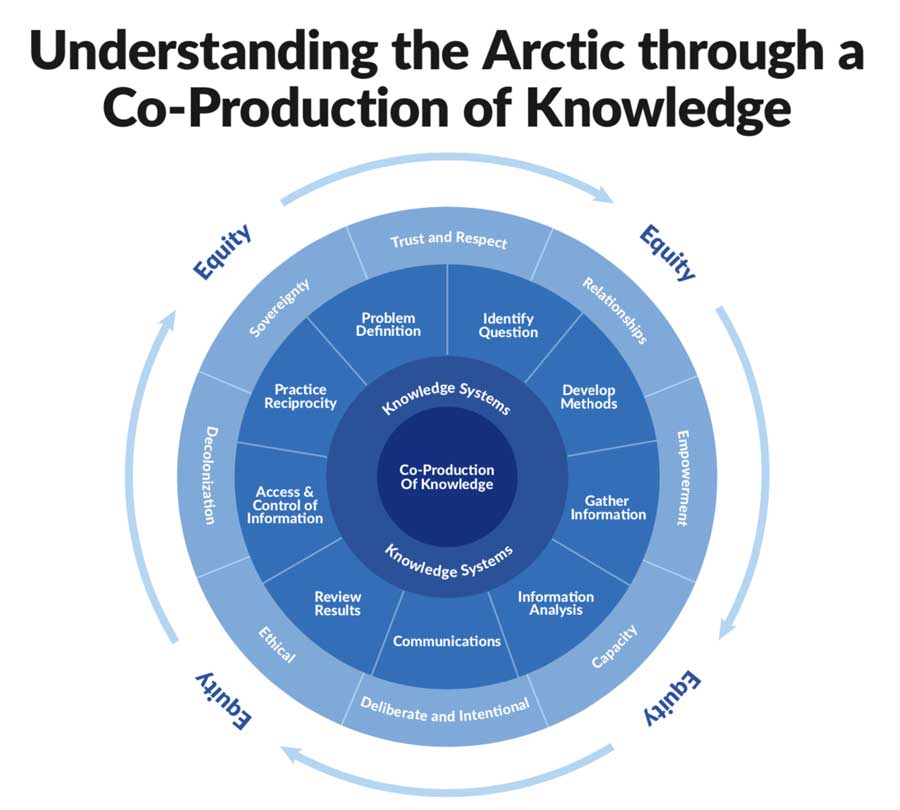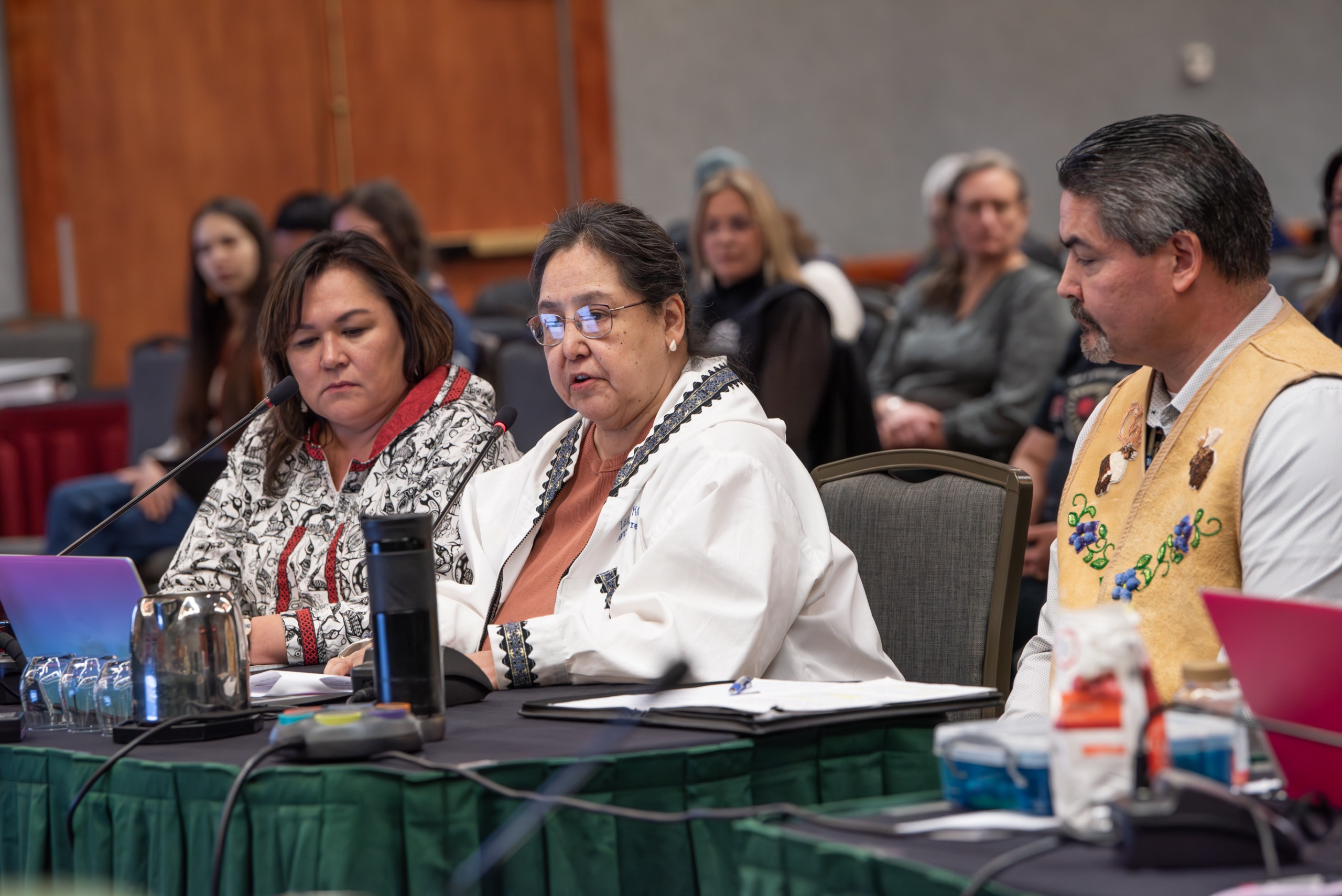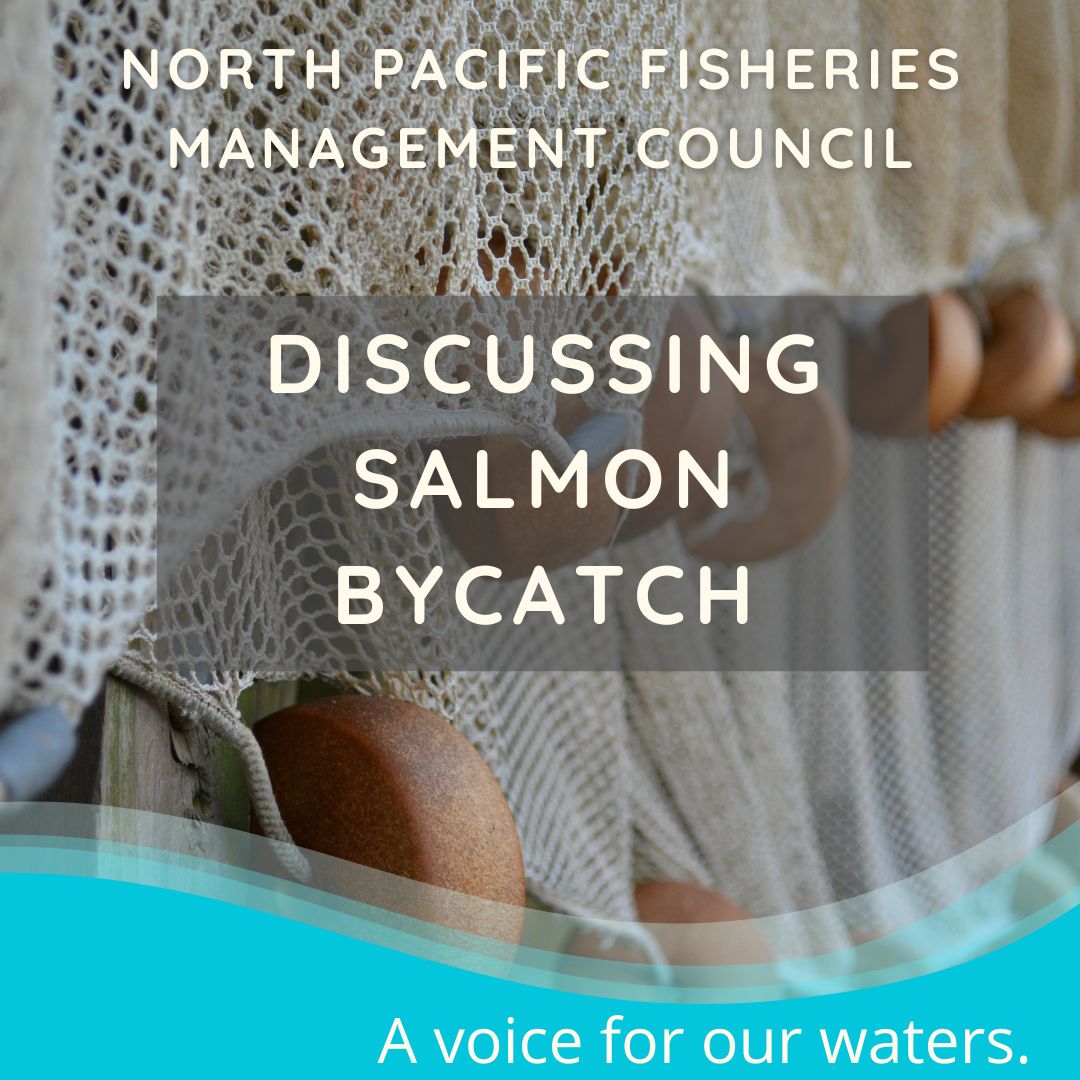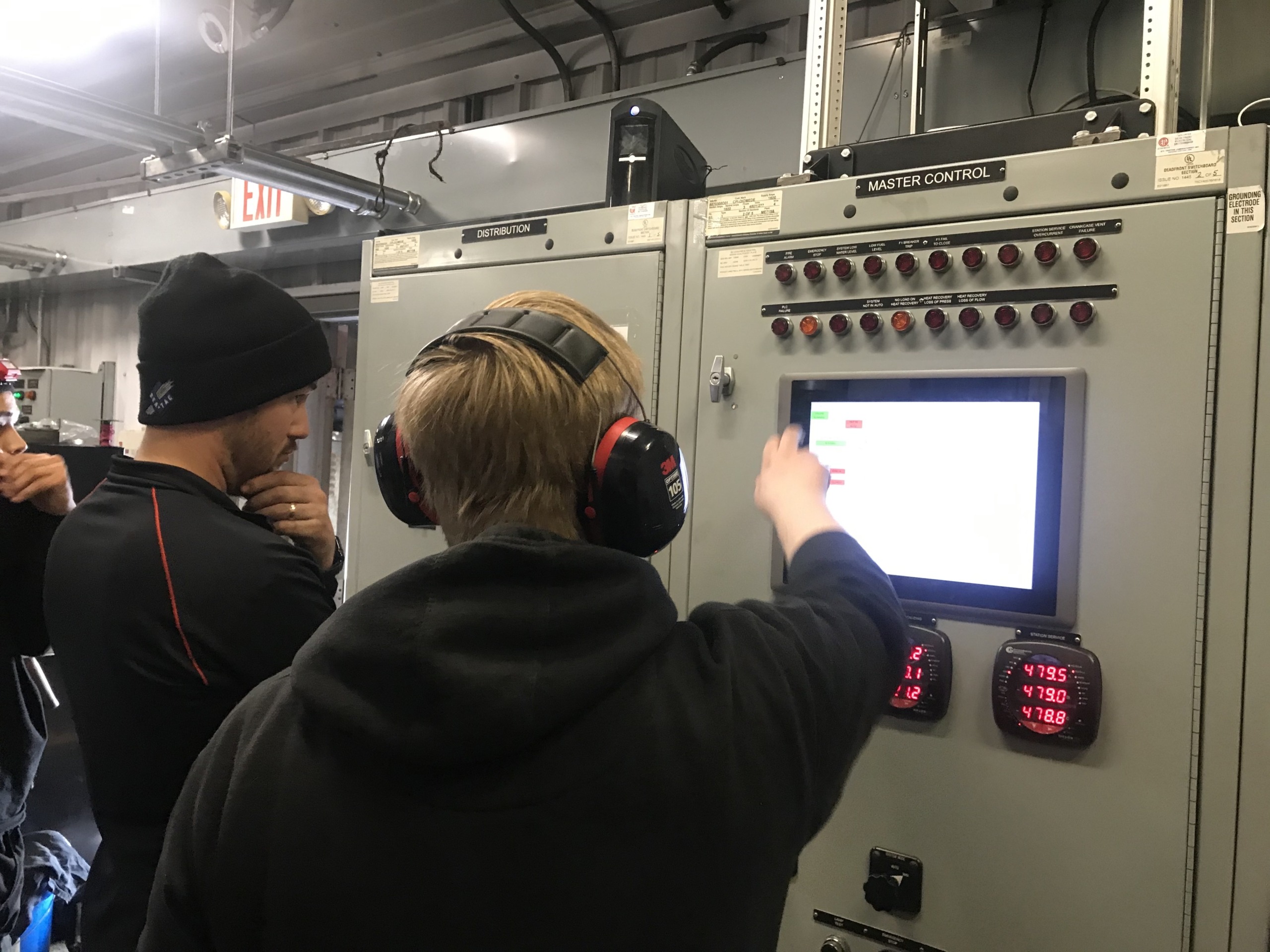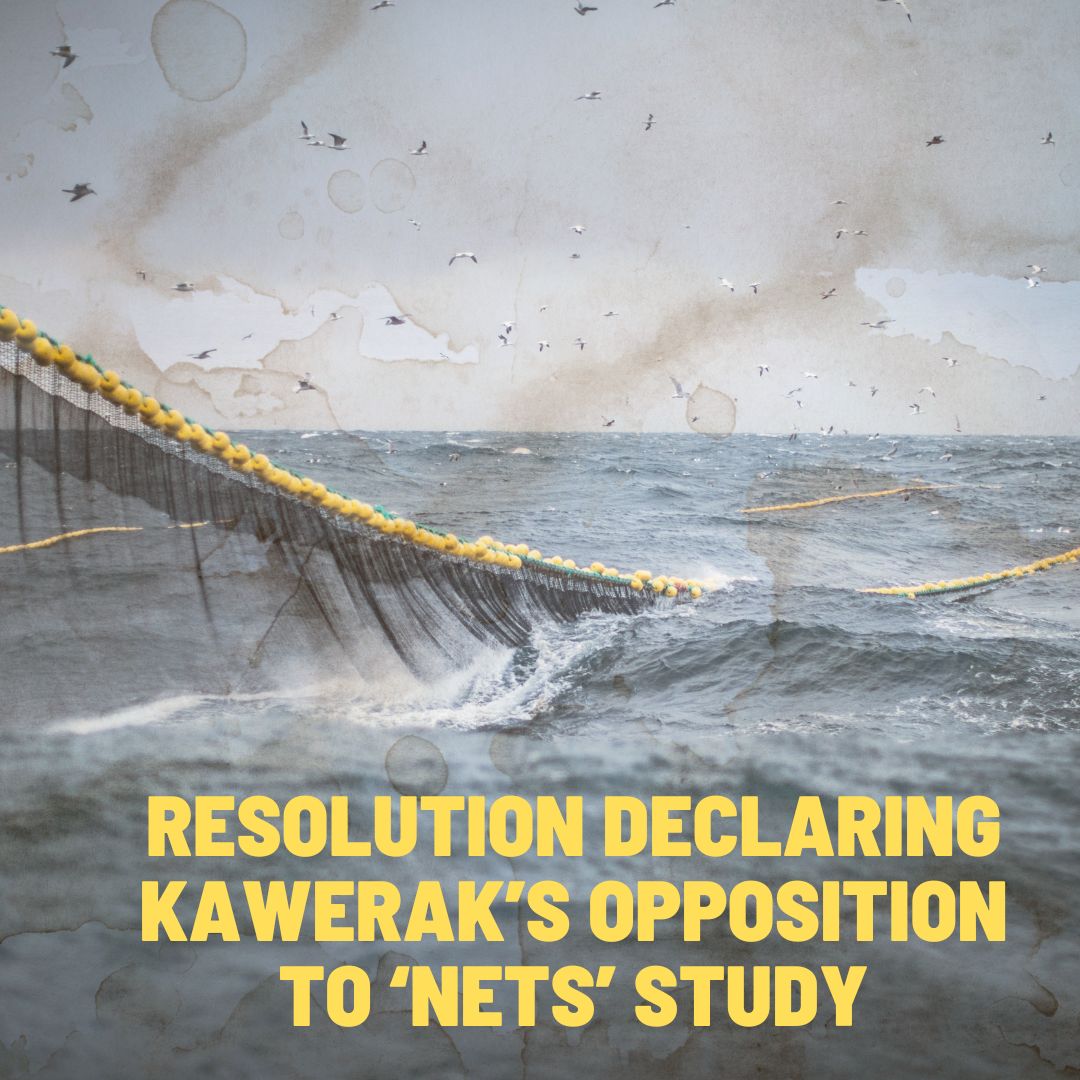The Arctic has been home to Indigenous Peoples from time immemorial. Distinct world views with complex knowledge systems passed on from generation to generation have evolved over time and are still developing in a living process today. Indigenous Peoples knowledge systems encompass both cultural and ecological systems that interlink and support each other.
The Arctic environment is changing at an unprecedented rate due to climate change. Given the complex interactions associated with Arctic change, it is imperative to bring different knowledge systems together in a holistic view to address interests from research, policy and resource management. Indigenous Peoples knowledge systems hold methodologies and assessment processes that provide a pathway for better understanding the Arctic than using a scientific lens alone.
There is a strong need to understand multiple drivers and their cumulative impacts using methodologies from both science and Indigenous Peoples knowledge systems. Bringing together multiple knowledge systems and scientific disciplines should be advanced through a co‐production of knowledge approach.
To watch the full presentation “Different Ways of Knowing: Successful Examples of Co-production of Knowledge in Arctic research” visit https://youtu.be/GVCrUMMxoAI
Graphic Produced by:
Carolina Behe, Inuit Circumpolar Council & Raychelle Daniel, Pew Charitable Trusts & Julie Raymond-Yakoubian, Kawerak

